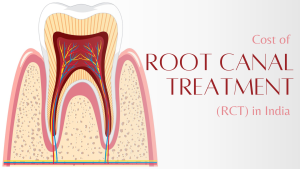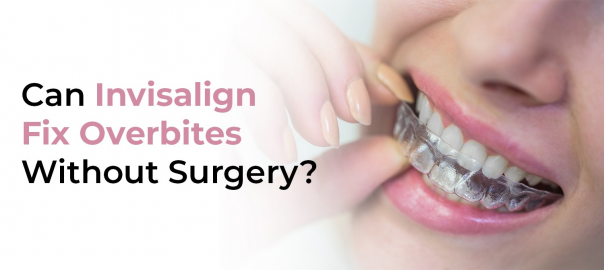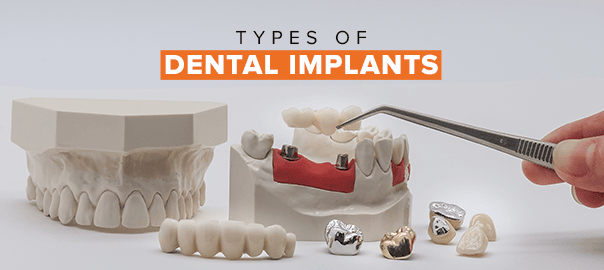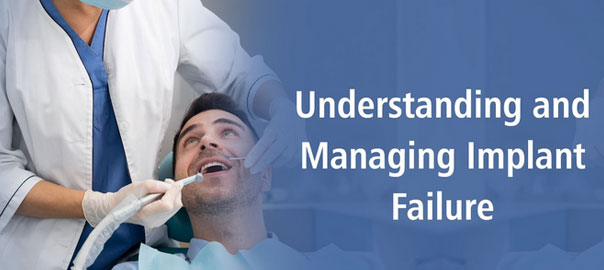
Listening to Your Implants: Understanding the Symptoms of Peri-Implantitis
Your dental implants have been nothing short of a game-changer to give you a confident smile. But watch out for peri-implantitis, a sneaky complication. Knowing symptoms is quite important for early detection and timely intervention. Here in this blog post, we’ll find out about the key symptoms that characterize peri-implantitis. With this knowledge, you will learn to listen to your implants and take proactive steps towards preserving their health.
Symptoms of Peri-Implantitis
-
Redness and Swelling
Another early indication of peri-implantitis is redness and swelling in the gum tissue around the implant. If you happen to have an implant and suspect any gum tissue change, such as increased redness or puffiness, you should be alarmed at inflammation and thereby indicating the presence of peri-implantitis.
-
Bleeding and Sensitivity
Healthy implants don’t bleed or hurt during daily oral hygiene. Bleeding and increased sensitivity when brushing, flossing, or eating are a sign of an underlying issue like peri-implantitis. Paying attention to these signs could possibly help in early detection and timely intervention.
-
Bad Breath or Bad Taste
Unpleasant taste and persistent bad breath could be a sign of peri-implantitis. The bacterial infection around the implant site produces foul-smelling compounds causing this unpleasant oral symptom. Under such a scenario, a patient experiencing chronic bad breath despite regular personal oral hygiene needs to make an appointment with his or her dentist for proper examination.
-
Loosening or Shifting of Implant
A good dental implant should not wobble or move out in the jaw. You may have a hint that you have a failed implant, and there is bone loss from peri-implantitis. See your dentist if you notice unusual sensations around your implant. Most complications can be prevented by visiting your dentist right away.
This is manifest when there is a presence of oozing and discharge at the site of the implant. One must seek an appointment with his or her dental surgeon the moment he or she starts noticing oozing, discharge, or even formation of an abscess around the implant. All of these signs are indicative that the attack of peri-implantitis has reached advanced stages and therefore necessitate a visit to the dentist.
When Should You See Your Dentist?
-
Routine Dental Check-ups
Regular check-ups with your dentist are necessary in the preservation of the health of your dental implants. The dentist will check the area where the implant is placed, assess the surrounding tissues, and check on signs of peri-implantitis at the earliest time possible. Routine visits can give you timely intervention as well as implement preventive measures.
-
Good Communication with Your Dentist
The very first key to an effective case is to maintain open lines of communication with your dentist. The moment you have any of the symptoms mentioned above or if you feel concerned about the health of your implant, it is crucial that you talk to your dental provider. He or she will examine your case and proceed to give you the necessary treatment options which are right for you.
-
Professional Cleaning and Maintenance
Professional cleaning and maintenance are an essential part of implant care. The dentist will be equipped with the tools and knowledge to remove plaque, tartar, and bacteria that accumulate around the implant and reduce the risks associated with peri-implantitis. Maintenance,
Listen to your implants. This means being observant about the onset of symptoms of peri-implantitis and taking urgent measures for the health of the implant. Redness, swelling, bleeding, pain or hypersensitivity, halitosis, loosening of the implant, or pus/discharge. A few of those signs should not be underestimated. Routine dental checks, good open communication with your dentist, and attention to proper oral hygiene coupled with lifestyle changes when necessary can proactively prevent and manage peri-implantitis. Early detection and treatment are important to maintaining the long-term survival and success of the implant.
Leave a Reply
Leave a Reply
POPULAR POST





















